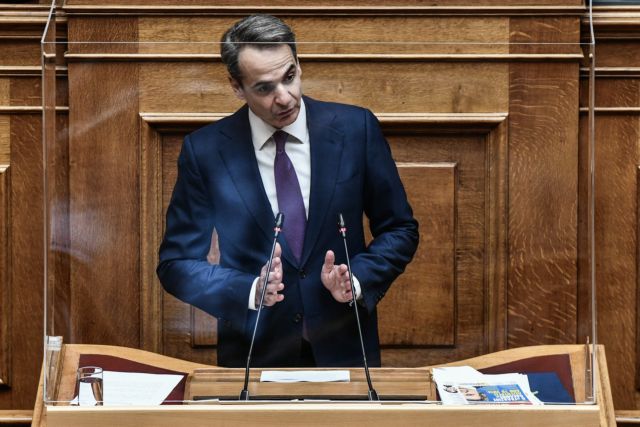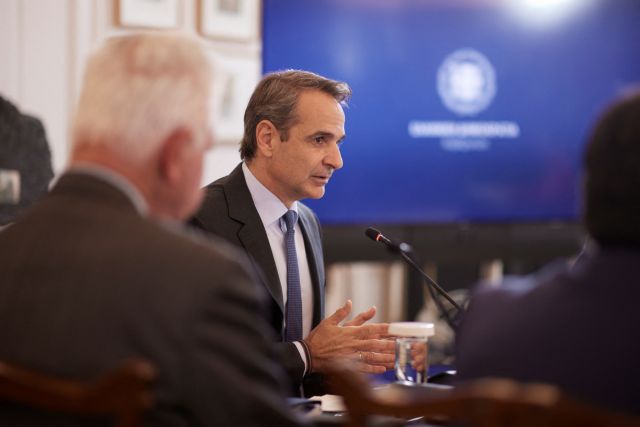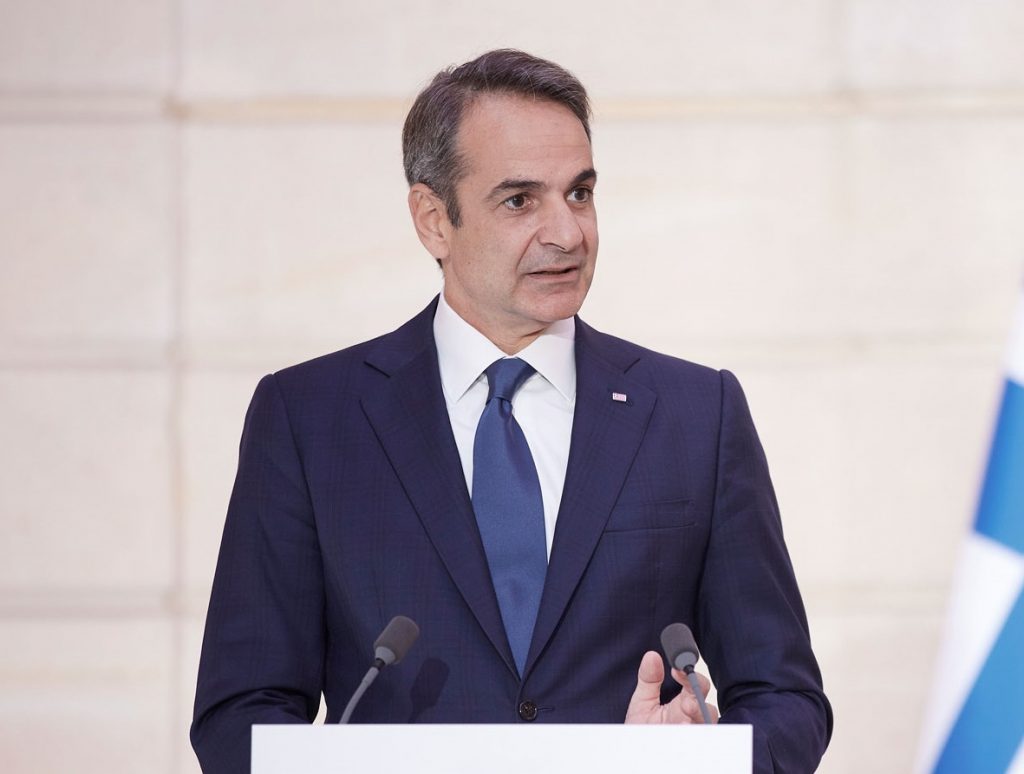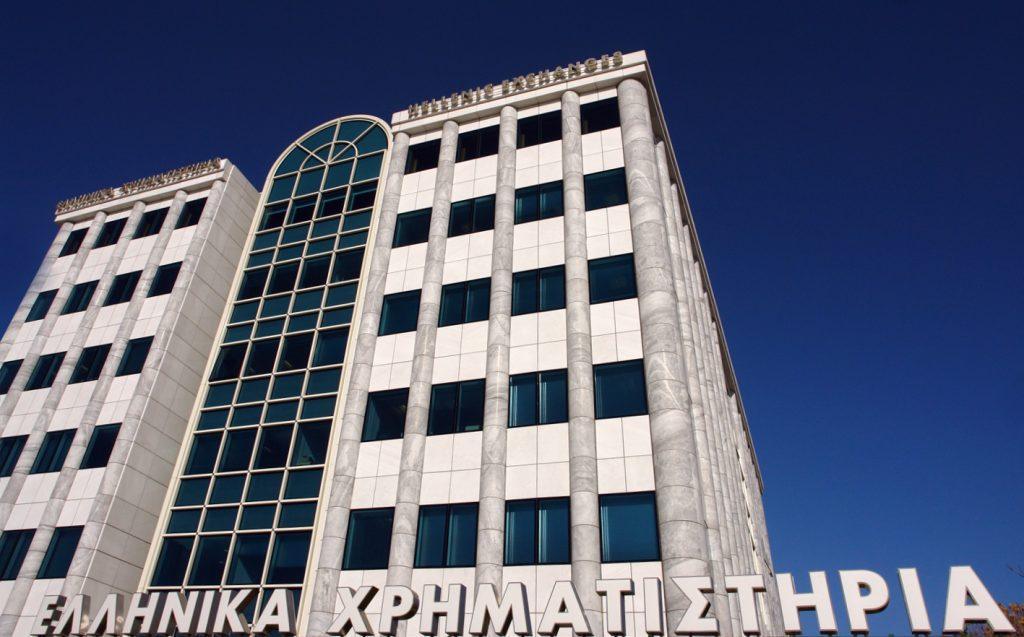Speaking to the Parliament, Kyriakos Mitsotakis described the wiretapping bill as a brave institutional response, stressing that it is coming to remove failures that emerged with the surveillance of PASOK president Nikos Androulakis and launched a fierce attack on Alexis Tsipras.
Henceforth only a diplomat or a high-ranking military officer will head the National Intelligence Agency-EYP
Mr. Mitsotakis spoke about seven major reforms brought about by the bill. According to what the prime minister said, from now on the commander of the EYP will only be a diplomat and a senior officer. “Consequently, neither journalists nor private managers Mr. Tsipras will be able to lead the EYP. Did you hear that right? Not even journalists,” said Mr. Mitsotakis, adding that at the same time an intelligence and counter-espionage academy is being established for the continuous training of EYP cadres, while an internal control unit is being established within the Agency.
The second reform cocerns the definition of national security becomes tighter and includes defense, foreign policy, energy and infrastructure security.
The third reform has to do with the superimposed control filters in removing the right to privacy. Only the Ministry of Internal Affairs and Anti-Terrorism will request the lifting of privacy and not other authorities, noted Mr. Mitsotakis, saying that in addition to the approval of the two prosecutors in the case of politicians, the monitoring should also be approved by the president of the Parliament.
It corrects gaps in the action of security services
The fourth reform, as the prime minister said, after three years have passed, whoever is being monitored will be informed. There are countries in Europe that have a longer period of time between monitoring and informing the citizen that they are being monitored, Mr. Mitsotakis said, adding that all records will be digitized.
The fisth reform has to do with records and how will be deleted at six months but the declassified documentation file will be kept for 10 years. I understand and share the great democratic sensitivity on this subject, gentlemen of the opposition, it should also be accompanied by national sensitivity, noted the Prime Minister.
The sixth reform has to do with the complete prohibition of the use of malicious software by any individuald, and is a felony punishable by up to 10 years in prison. But also the trafficking and possession returns to the criminal code that was eliminated shortly before the 2019 elections. We are the first country in Europe to universally outlaw the universal use of such software, the Prime Minister noted.
The seventh reform concerns cybersecurity needs, for which scattered structures are brought together and 12 EU directives are integrated, added Mr. Mitsotakis.
Foreign threats are not the only dangers
The prime minister noted that the bill corrects gaps in the action of the security services. He noted in response to the relative criticism of the opposition that “this is not a dangerous expansion of the concept of national security but the most accurate description of it” while he argued that the risks are not limited to threats from other states but take the form of asymmetric attacks on the soft underbelly of a country , citing, for example, false news from foreign centers and recalled the invasion of the US Capitol, while adding that “the stability of a country is at risk from the energy blockade, from organized immigration invasions”.
The content of national security is not elastic, but it is also not static, the Prime Minister emphasized, adding that liberal democracy must defend itself. What is needed is the harmonization of individual rights and national security. This coexistence is served by this bill, the prime minister said, adding that it is a “broad bill to fit into a toxic environment.”
The prime minister called the weekly series of eavesdropping lists, revelations about surveillance of ministers, ex-prime ministers and other politicians, badly played.



![Ψηφιακά στοιχεία διακίνησης αποθεμάτων [19ο Μέρος]](https://www.ot.gr/wp-content/uploads/2025/09/tax-468440_1280.jpg)






































